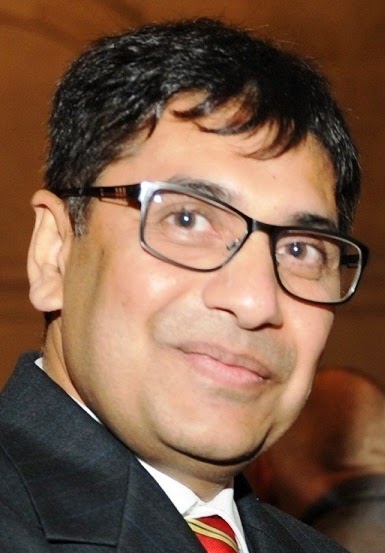ReArm Europe: The Dawn of a New Global Power Dynamic
The ReArm Europe plan comes against the backdrop of mounting geopolitical instability, driven by the ongoing war in Ukraine and rising threats from authoritarian regimes. The EU's decision to dramatically increase its defence spending is as much a response to the immediate crisis in Eastern Europe as it is a long-term strategy to establish Europe's strategic autonomy. The scale of the financial commitment is unprecedented: €650 billion over four years through increased national defence expenditure, €150 billion in loans for joint European defence investments, and additional funding drawn from the EU budget and private capital mobilisation.
This bold move signals Europe's recognition that it can no longer outsource its security primarily to the United States or rely entirely on NATO. It also raises a critical question: Is this the moment when Europe asserts itself as an independent geopolitical force capable of defending its interests without overwhelming reliance on its transatlantic partner?
The implications for EU-U.S. relations are profound. For decades, the United States has been Europe's primary security guarantor through NATO. However, the scale of the ReArm Europe plan suggests a clear desire for greater self-reliance. At the same time, the EU maintains its commitment to working closely with NATO, and the ambition and scope of this initiative hint at a future where Europe will take on a more equal and independent role in transatlantic security. This shift could lead to both cooperation and friction. On one hand, it aligns with Washington's long-standing demand for Europe to shoulder more of its defence burden. On the other, it raises the possibility of strategic divergence if Europe develops defence priorities that differ from those of the United States.
Additionally, the EU's focus on joint procurement and strengthening its defence industrial base could challenge American arms exports to European allies, potentially igniting competition in the global defence market. Political disagreements could also arise on policy towards China, Russia, and the Middle East, as Europe's greater autonomy emboldens it to pursue its strategic agenda.
Within the EU, the ReArm Europe plan could serve as both a unifying force and a source of contention. The vision of a collective European defence capability, built through joint investments and pooled demand, promises to strengthen the bloc's strategic cohesion. However, it also exposes fault lines among member states. Fiscal tensions could arise as the call for increased defence spending challenges the EU's Stability and Growth Pact, raising questions about the long-term relaxation of fiscal rules.
Moreover, diverging threat perceptions may complicate consensus. Eastern European nations situated closer to Russia are likely to prioritise immediate military readiness, while Western European countries may focus on long-term capability-building. Industrial competition could further exacerbate tensions, as efforts to bolster the European defence industry lead to rivalries over procurement contracts and investment distribution.
The ReArm Europe plan presents a mix of opportunities and challenges for India. As a rising power with ambitious defence modernisation goals, India stands to benefit from enhanced European capabilities. Increased European defence spending could open new avenues for military collaboration, joint development, and arms procurement. India's efforts to diversify its defence suppliers may align well with a more self-reliant and robust European defence industry.
Strategically, a more autonomous Europe could become a valuable partner for India in addressing global security concerns, particularly in the Indo-Pacific and efforts to counterbalance China's assertiveness. However, strengthening the European defence industrial base could also introduce competition, potentially complicating India's ambitions to bolster domestic defence production.
For Russia, the ReArm Europe plan represents a significant and immediate threat. Europe's commitment to drastically increasing defence spending and providing military aid to Ukraine underscores its resolve to counter Russian aggression. Enhanced European air defence, artillery, and cyber warfare capabilities will bolster NATO's deterrence posture.
Russia also faces more profound economic isolation as the EU's push to strengthen its defence industry reduces its reliance on Russian energy and resources. This move further diminishes Moscow's leverage over Europe and accelerates its geopolitical decline. A more militarily capable and politically united Europe leaves Russia with fewer opportunities to exploit divisions within the Western alliance.
The ReArm Europe plan is more than a defence spending initiative—it is a bold declaration of Europe's intent to shape its destiny in an increasingly volatile world. As Europe reclaims its position as a significant military power, the global balance of power will inevitably shift. Alliances will be recalibrated, rivalries intensified, and strategic calculations reshaped.
This shift brings opportunities and challenges to redefining transatlantic relations for the United States. For India, it opens doors for closer collaboration and the potential for increased competition. For Russia, it signals deeper containment and growing isolation.
As the world watches Europe's next steps, one thing becomes clear: the era of European strategic passivity is over. Europe is ready to rearm—and the global order will never be the same.
*****




Comments